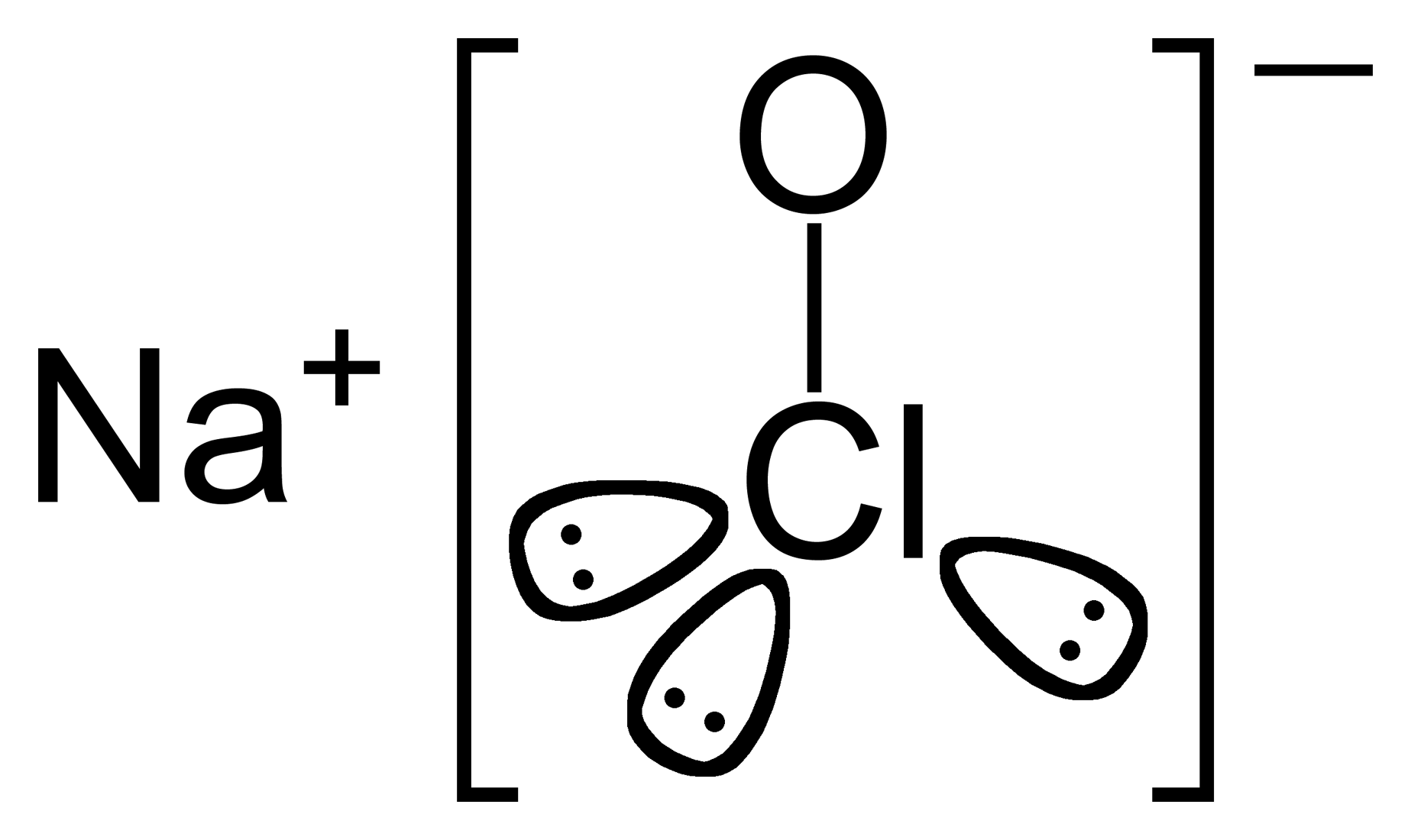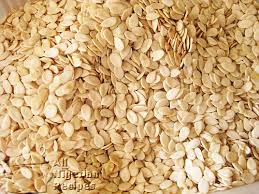Cassava Noodles Production in Nigeria; The Feasibility Report.

Cassava is the most important root crop in Nigeria. Apart from being a staple crop in both rural and urban household’s cassava is a major source of income to cassava farmers and processors in the rural areas.
Cassava alone contributes about forty-five percent (45%) of agricultural GDP in Nigeria for food or domestic purposes but its industrial processing and utilization has been very limited.
Currently, the country produces about forty (40,000,000) million tons of the cassava tubers annually and due to the desire of the federal government to reduce import dependency and conserve of scare foreign exchange, there is national programme aimed at increasing the production of cassava starch as an alternative to corn starch.
Starch is the major constituent of the cassava plant. Its thickening and binding qualities makes it useful in convenience foods and baby foods. Starch makes good adhesives. Dextrin is a modified starch with quality adhesive properties.
Market findings revealed that the product has a lot of industrial applications. It could be used as food in the preparation of bread, macro, noodles, custard, sauce, snacks and Ogi.
Instant noodles are a noodle dish, sold in a precooked and dried noodle block, with flavoring powder and/or seasoning oil.
The flavoring is usually in a separate packet, although in the case of cup noodles the flavoring is often loose in the cup. Some instant noodle products are seal packed; these can be reheated or eaten straight from the packet/container. Dried noodle blocks are designed to be cooked or soaked in boiling water before eating, but can be consumed dry.
The main ingredients used in dried noodles are usually wheat flour, palm oil, and salt. Common ingredients in the flavoring powder are salt, monosodium glutamate, seasoning, and sugar.
Over the years noodles have become an acceptable and domineering food component of most Nigerian homes because of its unique taste and ease of preparation, with the first noodle brand introduced into the country more than twenty (20) years ago. It is a staple food which originated from Asia in the 9th century and then spread to Europe, the far-east and the rest of the world with the major primary ingredient of production being wheat.
In the noodle industry of the country, there are about seventeen (17) players in noodle manufacturing with more than thirty thousand (30,000) people directly employed in the industry and more than two hundred thousand (200,000) distributors employed. This has created a huge avenue for supplies for the flour milling companies, the refineries, the palm oil plantations, the packaging companies and the carton manufacturers with the consumption rate around two hundred and sixty to two hundred and eighty thousand (260,000 to 280,000) tonnes per annum.
One of the challenges faced by the industry is the rising cost and availability of its primary raw material in this case which will be wheat powder. There is a global demand for wheat in the international market from the brewing industries, confectionary industries and also competition from the local industry. This places pressure on the commodity subjecting it to erratic price fluctuations.
Cassava starch is a very good substitute for wheat flour in the production of noodles and can be blended with wheat flour to reduce the quantity wheat required in the production of noodles.
The production plant comprises of Cooling Rack, Noodles Extruder with Dough Mixer, Working Table (S/S), Oven, Blanching Tank, Jacketed boiler with gas burner, Noodles Packaging Machine, Weighing Machine, Accessories, Generator, Project Vehicles and Wood Pallets.
The production capacity of the proposed plant is fifteen (15) tons per day and it would operate at eighty percent (80%) of the installed capacity for three hundred (300) working day producing about three hundred and sixty thousand (360,000) cartons of twenty (20) pieces of five hundred (500) gramme pack of cassava noodles per annum with input output ration of 1:1.5.
This report seeks to examine the financial viability or otherwise of producing instant noodles from High Quality Cassava Starch and Durum Wheat flour in Nigeria.
Table of Contents
EXECUTIVE SUMMARY 1.0 Business Overview 1.1 Description of the Business 1.2 Vision and Mission Statement 1.3 Business Objective 1.4 Critical Success Factor of the Business 1.5 Current Status of Business 1.6 Description of the Business Industry 1.7 Contribution to Local and National Economy 2. Marketing Plan 2.1 Description of product 2.2 Product Packaging and delivery 2.3 The Opportunity 2.4 Pricing Strategy 2.5 Target Market 2.6 Distribution and Delivery Strategy 2.7 Promotional Strategy 2.8 Competition 3. Production Plan 3.1 Description of the Location 3.2 Raw Materials 3.3 Production Equipment 3.4 Production Process 3.5 Production Cost 3.6 Stock Control Process 3.7 Pre-Operating activities and expenses 3.7.1 Operating Activities and Expenses 3.8 Project Implementation Schedule 4.0 Organizational and Management Plan 4.1 Ownership of the business 4.2 Profile of the promoters 4.3 Key Management Staff 4.3.2 Management Support Units 4.4 Details of salary schedule 5. Financial Plan 5.1 Financial Assumption 5.2 Start -up Capital Estimation 5.3 Source of Capital 5.4 Security of Loan 5.5 Loan Repayment Plan 5.6 Profit and Loss Analysis 5.7 Cash Flow Analysis 5.8 Viability Analysis 6.0 Business Risk and mitigation factor 6.1 Business Risks 6.2 SWOT Analysis
Project Specification:
Additional Info
Get this Report
Direct bank transfer
To order the report, Please do pay the sum of ₦30,000 into
Account Name : Foraminifera Market Research Ltd
Account Number : 274 20 569 37
Account Name : Foraminifera Market Research Ltd
Account Number : 101 76 603 95
Account Name : Foraminifera Ventures
Account Number : 011 66 066 32
Make your payment directly into our bank account. Please use your Order ID as the payment reference. Your order will not be shipped until the funds have cleared in our account.
Instructions
After payment call us on 01 -29 52 413 / 08033782777 or email us at foraminiferamarketresearch@yahoo.com with the payment details. After payment confirmation, the soft copy of the report would be sent to you within 24 hours.



